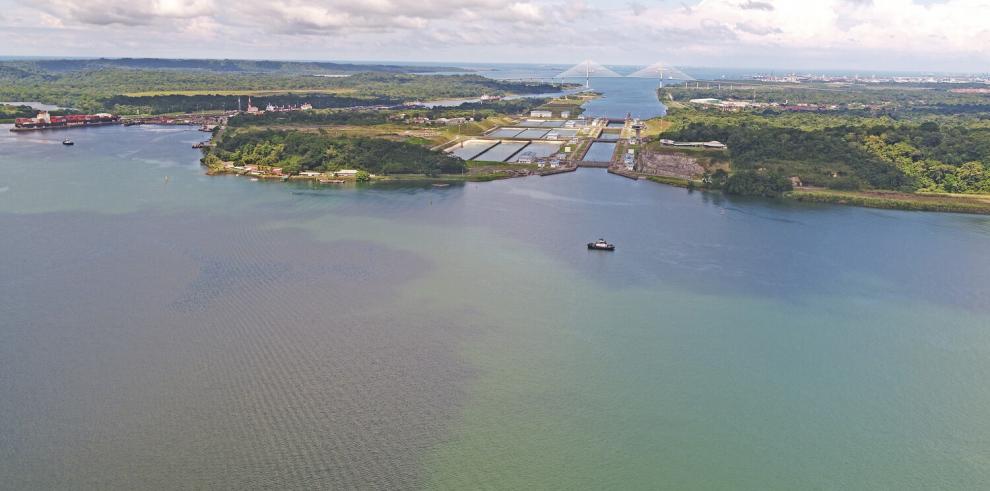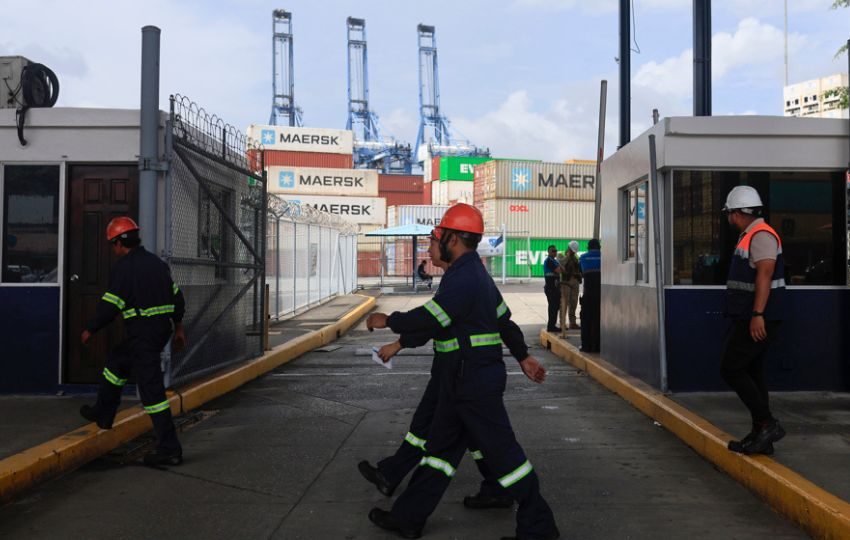Climate change forces surcharge for ships transiting Canal

For the first time since the first ship passed through the Panama Canal in 2014, a price tag will be put on the freshwater used for each lock. The additional charge will depend on the level of the lakes: the lower the water level, the higher the cost of transit
Climate change is behind the imposition.., On Monday, January 13 the Canal administrator, Ricaurte Vásquez, announced that from February 15 they will charge an additional fee for the use of water during each transit.
Last year there were unprecedented low levels of rainfall – 34% less than the average in October and 27% less in November – added to irreversible effects of climate change on the water sources used by the Canal for locks. The Canal administrator announced immediate actions to address the lack of water. The most important is the surcharge for freshwater which has two components: A fixed charge of $10,000 for each vessel 91 feet wide or more and .a variable charge depending on the tonnage of the ship and that depends on the level of Gatun Lake, and that will go from a minimum of 1% with the lake at its maximum level and 10% with the lake at its minimum level.
Vásquez admitted that the measure could cause a reduction in transits,. But the reduction in tonnage will be recovered from the surcharge.
The situation will be ‘short-term’ in relation to the phenomenon of rains, if it starts to rain earlier for example, but the surcharge will be maintained to give sustainability to the new investments that are in process to ensure new sources of water to continue operating, in addition to guaranteeing the water supply for human consumption.





